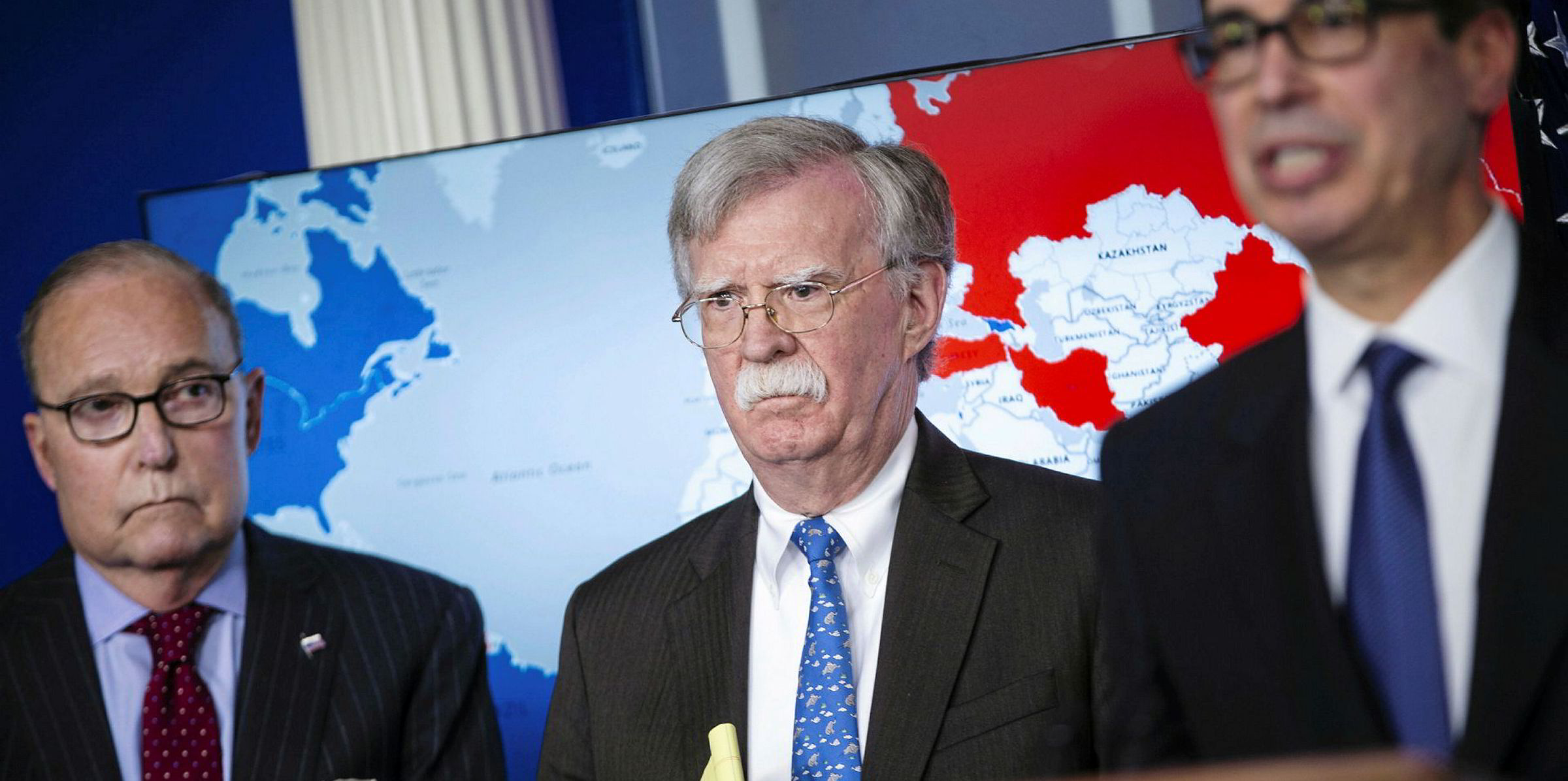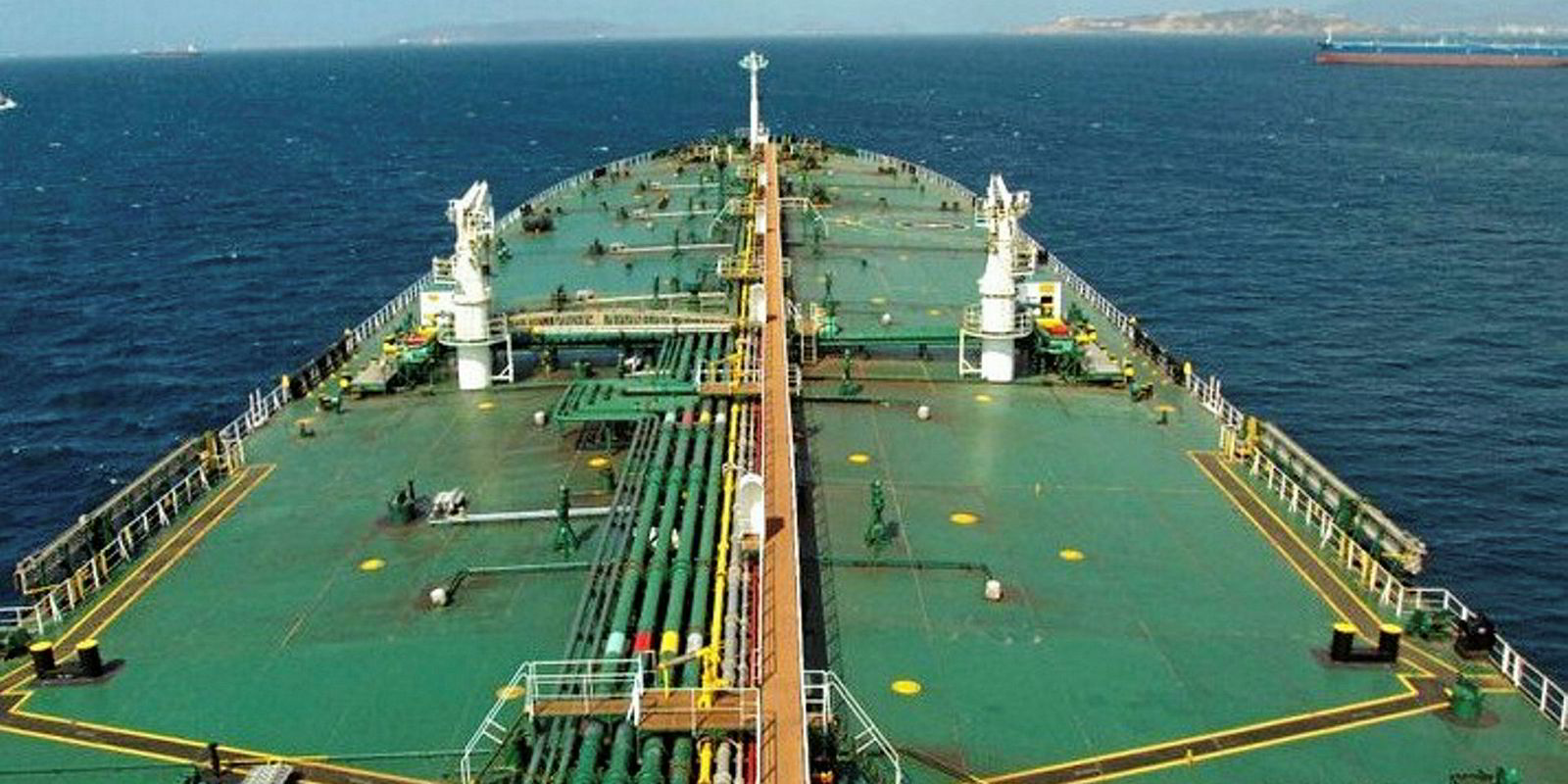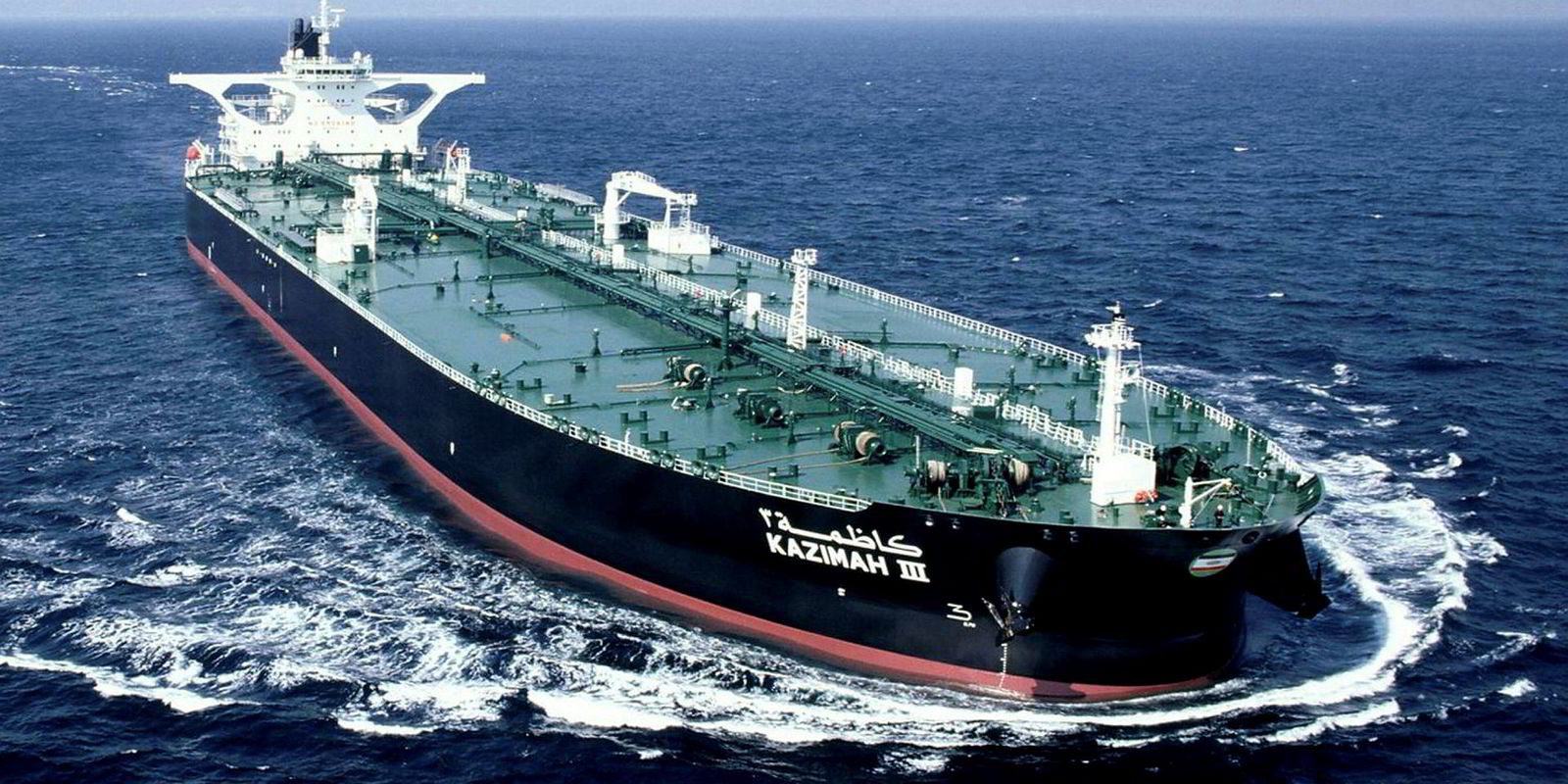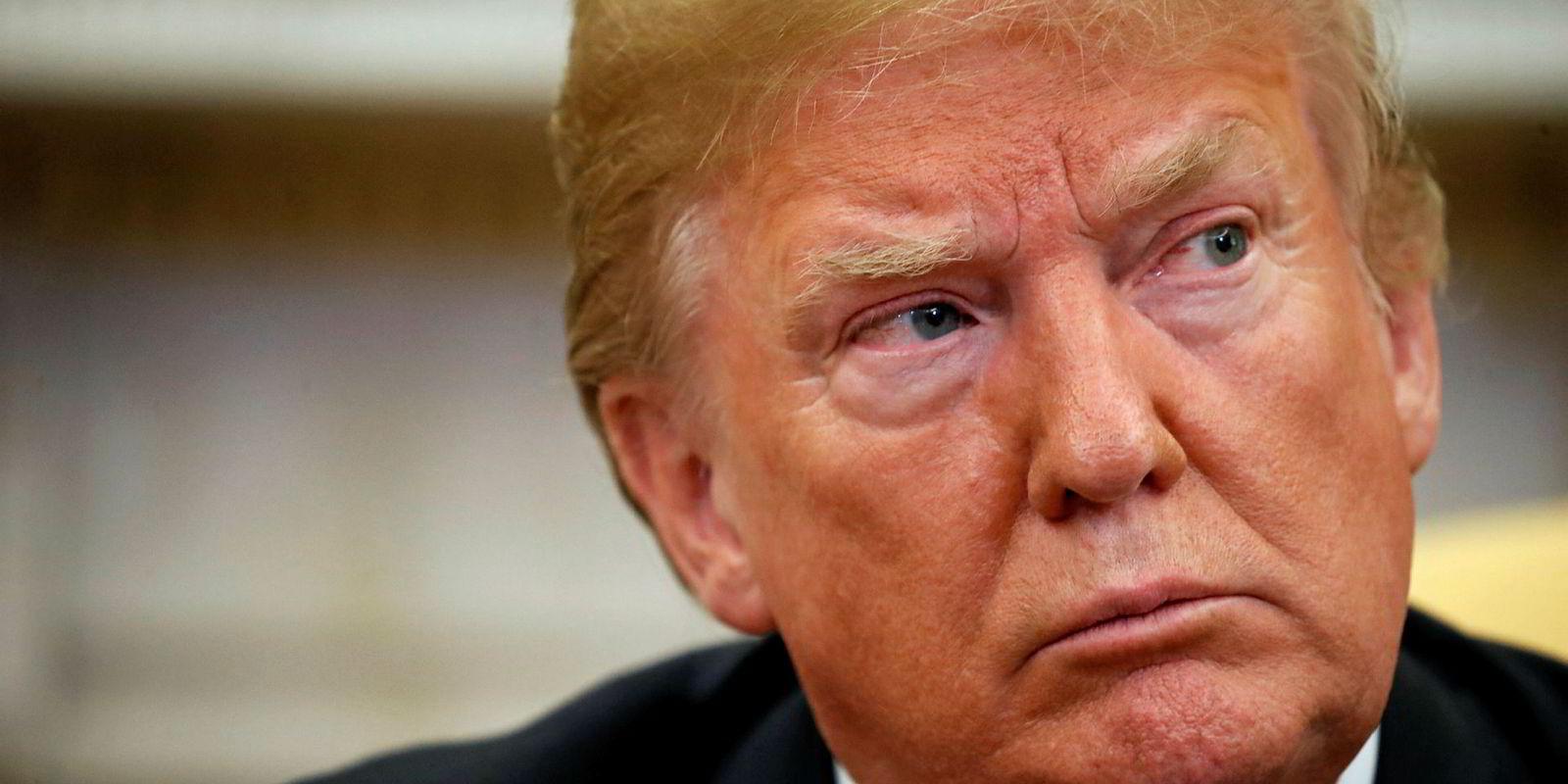Tanker owners engaged in the Venezuelan trade are facing the threat of arrest by Petroleos de Venezuela (PDVSA) in addition to late or even unpaid charter hire, as the South American country sinks deeper into crisis.
According to industry sources, the state-owned oil company seized at least one aframax and two MR tankers for a couple of weeks during December and January to force the discharge of cargoes in Venezuela, which has been hit by rampant fuel shortages.
The ships were seized while transporting fuel oil between Venezuelan ports and undergoing ship-to-ship transfers in Venezuelan waters.
Although some owners initially refused to discharge, at the end of the day they agreed to it in order to avoid a court contempt
Source
The vessels have been identified as Horizon Tankers' 50,221-dwt Horizon Theoni (built 2009), Union Maritime's 48,000-dwt St James (built 2010) and Hellenic Tankers' 106,500-dwt Afra Hawthorn (built 2003), TradeWinds understands. They were released after discharging their cargoes.
Greece's Hellenic Tankers did not respond to a TradeWinds email seeking comment, while Union Maritime of the UK and Horizon Tankers of Greece declined to comment.
Some suggest more vessels are likely to have been seized for similar reasons, with several of them owned by local players.
'Awkward' seizures
The ships arrested are time-chartered to PDVSA under English law. Faced with up to 11 months of unpaid charter hire, they were holding the cargoes to enforce maritime liens based on their charter terms.
However, PDVSA successfully petitioned local courts to order their cargoes be discharged on the basis of public interest under the Venezuelan Maritime Commerce Law (VMCL), according to some sources.
“Although some owners initially refused to discharge, at the end of the day they agreed to it in order to avoid a court contempt,” a source said. “[They are] trying to collect the pending hires through negotiation with PDVSA. If nothing is achieved, the likelihood is that the disputes end up in London arbitration.”
Local legal sources advise shipowners that are owed charter hires from PDVSA to settle their claims outside of Venezuela, either by seizing PDVSA’s overseas assets or going through arbitrators in the UK capital.
“All parties except [the owners] are under the control of Venezuelan government, including the courts that are allowing a government institution such as PDVSA to fail in its obligations and still claim against the owners,” Luis Cova Arria, a senior maritime lawyer based in Caracas, said. “This is a very colluding system. The rule of law doesn’t exist.”
Some shipping officials involved in the Venezuelan trade describe the incidents as “awkward” and “surprising”.
Faced with a reported debt of $34.6bn as of 2018, PDVSA has been defaulting on all sorts of payments including charter hires. But the company was often willing to pay hires after long delays, deeming shipping services necessary to keep the society functioning at a basic level, a counterparty said.
Deep crisis
The incidents come as Venezuela’s political and social-economic crisis has continued to deepen, with mass street demonstrations likely in the coming weeks after opposition leader Juan Guaido declared himself as interim president and was backed by the US and some European and Latin American countries.
Incumbent socialist President Nicolas Maduro, who is supported by Russia and China, has vowed to stay in power.
Venezuela remains a significant crude exporter and importer of petroleum products. While the Venezuelan trade can often fetch premiums due to the risks involved, many owners are unwilling to deal directly with PDVSA, according to market participants.
Instead, overseas buyers of Venezuelan crude charter vessels to load from the country, while US-based refinery Citgo — a PDVSA subsidiary that still generates cash — can often hire tonnage to transport products into Venezuela.
VMCL generally does not apply to international tanker trades, so the ships carrying oil to and from Venezuela may not face the same arrest threat as those in cabotage operations, according to legal sources. However, they said the possibility cannot be completely ruled out if the country becomes more dysfunctional.
PDVSA would need to be careful not to sever its ties with foreign shipowners, a broker said.
“Once the military is out of fuel supplies, I imagine all bets for Maduro and his henchmen are off,” the broker said.
PDVSA did not respond to repeated emails seeking comment.






